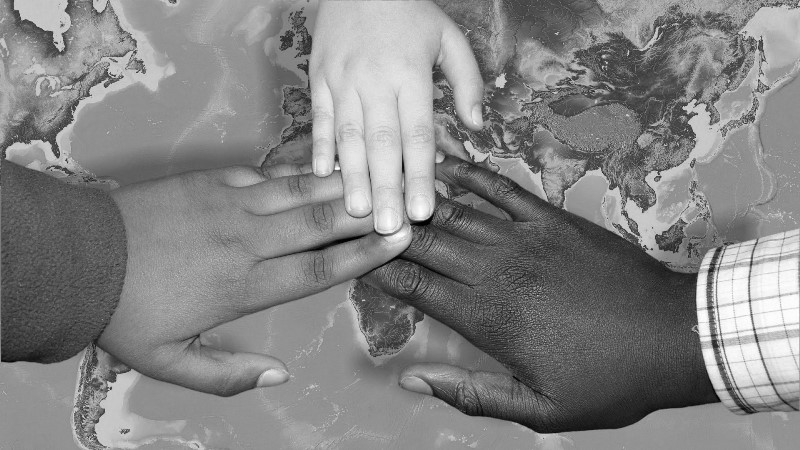Humanism is a general term that includes various currents in art, philosophical views and concepts used in psychology and education. In a general sense, this term can be reduced to the philosophy of love for humanity.
What is HUMANISM – definition and meaning in simple words.
In simple terms, Humanism is the belief in the value, freedom, and independence of man.
From a humanistic point of view, all people have their own moral values, and they are responsible for their actions. Thus, it is assumed that everyone is capable of reason and rational thinking. For example, to distinguish good from bad, which in the end should make a person more moral and useful for himself and others.
In fact, there are many different definitions of the word “Humanism”, but they all lead to one simple idea of love for humanity. In fact, even the term HUMANISM itself comes from the Latin “humanus”, which literally translates as “human”.
To fully understand humanism, it is necessary to consider the basic ideas or principles of the concept.

Principles, values, ideas, and norms of humanism:
- Complete freedom in the development of any person as an individual;
- The idea of humanism promotes respect for the dignity of each person and his right to the greatest possible freedom, compatible with the rights of others;
- The concept of humanism advocates the widest application of democratic principles in all human relations;
- Humanists recognize the importance of human interconnection and the need for mutual respect for the further development of mankind;
- Humanists call for the constant improvement of society so that no one can be deprived of the basic necessities of life;
- Humanists support the development of various organizations for the protection of human rights and freedoms, such as the UN and so on;
- The concept of humanism aims at the peaceful resolution of conflicts between individuals, groups, and nations;
- The fundamental principle of humanism is the rejection of beliefs that are based on an unproven basis of religions, dogmas, beliefs, and superstitions;
- Humanists advocate the use of the scientific method as a guide to solving humanity’s problems;
- Humanists argue that individual and social problems can only be solved with the help of the human mind, critical thinking, combined with compassion and a spirit of sympathy for all living beings;
- The concept of humanism states that humans are completely part of nature and our survival depends on the “health” of our planet.
Types of humanism.
Since the ideas of humanism have a rather ancient origin, the concept has constantly developed and acquired various forms. At the moment, the following types of humanism can be distinguished:
- Literary humanism;
- Cultural humanism;
- Philosophical humanism;
- Christian (Religious, Theistic) humanism;
- Secular humanism.
Let’s now take a quick look at these forms:
- What is Literary Humanism? — It is devotion to humanitarian or literary cultures.
- What is Cultural Humanism? — This is a rational and empirical tradition that originated in Ancient Greece and Rome, after which it was developed in European culture. Now this form of humanism is the basis of the Western approach to science, political theory, ethics, and law.
- What is Philosophical Humanism? — This is any worldview or way of thinking and life, aimed at providing human needs and benefits.
- What is Christian or Religious Humanism? — This is a rather peculiar concept, which is built on the assumption of the existence of God, and the fact that a person must develop in accordance with religious teachings.

What is Secular Humanism – in simple words.
Secular humanism is a modern atheistic concept, which is based on a scientific approach and the principles of a rational approach to the development of mankind.
Principles of secular humanism:
- Using science to solve the problems of humanity and global understanding of the universe;
- Belief that scientific discoveries and technologies can improve people’s lives;
- Belief that only an open democratic society with pluralistic views can be the best guarantee for the protection of human rights and freedoms from authoritarian elites and repressive majorities;
- Deep conviction in the need to separate church/religion and state;
- Tolerant attitude towards representatives of any races, peoples, religions, and views;
- The privacy of a person;
- Support for such moral principles as: honesty, justice, altruism, responsibility, compassion and so on.
- Preservation of the Earth for future generations;
- Support for the development of creative abilities in any person.
- Moral education of children.




